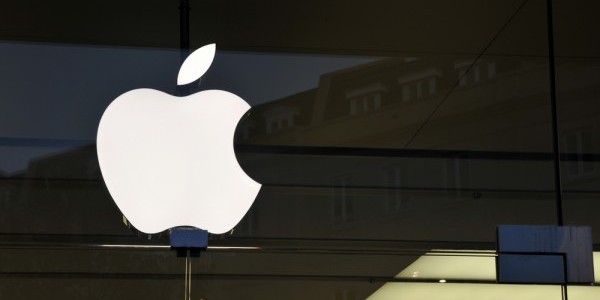
Should you boycott Apple?
What's right for me might not be for you.
On July 4th, I declared independence from Apple, weeks after pledging to boycott the company's products. The independence story is among my post popular posts (based on pageviews), and it's most-Liked and most-commented. I inadvertently tapped into some surprisingly strong emotions about the fruit-logo company and unmeaningly joined the boycott Apple movement. Looks like I'm not the only person mad about recent patent bullying, although other boycotters add more complaints.

Piracy is killing Android
It sounds like a silly question. After all, Android is more popular than ever, with new “hero” phones and tablets arriving almost every week. However, for all of the platform’s success, there’s one aspect that remains a lingering blight on Google’s otherwise shiny success story: Software piracy.
Simply put, the rampant piracy of apps on “rooted” Android devices is killing developer momentum, with many devs resorting to unpopular and often intrusive in-app advertising and other gimmicks to make up for the gap in traditional Google Play revenue. And with the Android enthusiast community seemingly obsessed with “rooting” every new device that comes to market -- thus making it easier for unscrupulous users to pirate apps and/or bypass normal app security mechanisms -- the problem only gets worse.

Google TV will not fail again
It took just about six months for the first generation of Google TV to be declared a failure. Logitech launched its Revue set top box in October 2010, and by July 2011, they couldn't even give them away. The company subsequently took a $30 million writedown on the venture, and Intel, who provided chips for Google TV, quietly divorced itself from the product.
Google aligned with Marvell, switching the platform over to the ARM instruction set, which fundamentally shifted the architecture and splintered development.
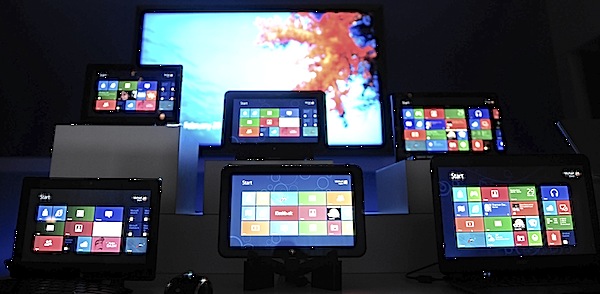
Will you buy Windows 8?
I told you so back in February that Windows 8 would debut in October -- not that it was rocket science to me. Nevertheless I wrote: "Windows 8 must RTM by end of August to make October launch, which is best timeframe assuring the channel is stocked for Black Friday". Today, Microsoft revealed that its next-generation operating system would release to manufacturing in early August and be available at retail in October.
Microsoft's timing is sheer brilliance. We already know that Surface tablets will ship simultaneously with Windows 8, and OEMs have shown off a boatload of new models coming for the holidays. Apple plans to release OS X Mountain Lion this month, perhaps in days. Anyone considering a shiny new Mac suddenly has reason to wait. Will Surface or Windows 8 slates be worth the wait? Mountain Lion's user interface is oh-so yesterday, while Windows 8 Metro is oh-so tomorrow -- well, for anyone who actually likes it. Now that we know when, it's time to ask if you will buy. That's a question you can answer in comments and the poll below the fold.

IT isn't powerless against the death squads of corporate America
About 10 weeks ago, I wrote a six-part series of columns on troubles at IBM that was read by more than three million people. Months later I’m still getting ripples of response to those columns, which I followed with a couple updates. There is a very high level of pain in these responses that tells me I should do a better job of explaining the dynamics of the underlying issues not only for IBM but for IT in general in the USA. It comes down to class warfare.
Warfare, to be clear, isn’t genocide. There are IT people who would have me believe that they are complete victims, powerless against the death squads of corporate America. But that’s not the way it is. There’s plenty of power and plenty of bad will and plenty of ignorance to go around on all sides here. Generally speaking, though, the topic is complex enough that it needs real explaining -- explaining we’re unlikely to get elsewhere in an election year dominated by sound bites.
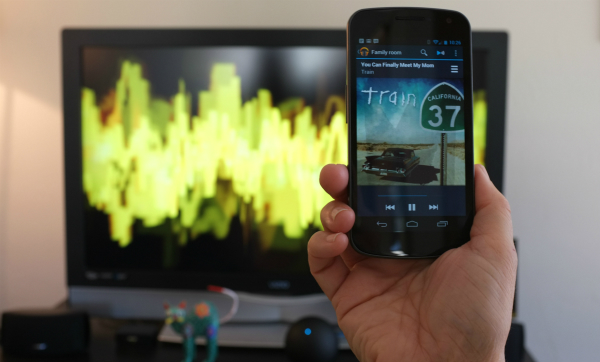
Nexus Q first-impressions review
Google's first consumer electronics device is a baffling beast. Its industrial design shames Apple TV, Roku and other cloud-connected set-top devices, while the user interface will confuse some people accustomed to a single remote to scan content on the big screen. Nexus Q is all about the cloud and smartphone. The TV's role is viewing, and little more. Price is another matter -- $299, same as Apple TV at launch more than five years ago. But that device sells for $99 today, and, granted, offers far fewer options to delight videophiles and audiophiles.
Nexus Q's promise: Your content anytime and anywhere there is a cloud connection -- and your friends' and families', too. Google calls the device the "first social streaming media player", and there's truth in the claim. But many of the basic streaming and control functions can be achieved simply by connecting your smartphone to the television. If you're going to use the handset as remote anyway, you could just as easily use it as source. That said, Nexus Q is delightful and its concepts represent a leap forward for media player industrial and user-interface design.

You CAN recover stolen or lost gadgets, but it ain't easy
We carry expensive gadgets on us all the time now. On a flight we listen to music on an iPhone or read on a Kindle ebook reader. We watch movies on an iPad or play Angry birds on an Android. But what do you do if you misplace that device, or worse it is stolen? What recourse do you have to get it back, if any? Who do you call, or contact for help, and what can you do to be prepared beforehand to help in getting it back yourself?
In this article I will do a quick rundown of types of devices that are most commonly lost or stolen and go over some basic rules of the road beforehand with any new gadget or device you have.
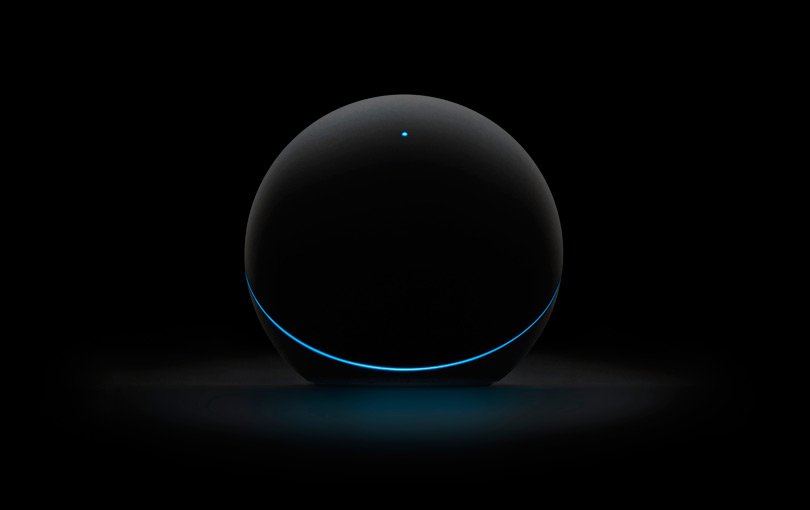
Techdom's Apple aura problem
Last week, Google unveiled its first consumer electronics device -- Nexus Q. If Steve Jobs were still alive and had announced the same product as "one more thing", there would be headlines everywhere that Apple had done it again -- that the fruit-logo company raised the bar and demonstrated its brilliance at design and innovation.
Nexus Q is a remarkable product. The sphere changes fundamental concepts about entertainment. Content is in the cloud. Smartphones control the device, and they're also where users interact with content (e.g., small versus big screen). Users can share, say, music on the same device -- not one but anyone is in control -- and all without wonky, local digital rights management. Nexus Q attaches to any modern TV or sound system, and because content is in the cloud it's available anywhere the device goes. The sphere is beautifully constructed, too. But Jobs didn't unveil the sphere, someone whose name you don't even recognize did. As such, Nexus Q is largely ignored because stigma is attached: Apple didn't invent it.
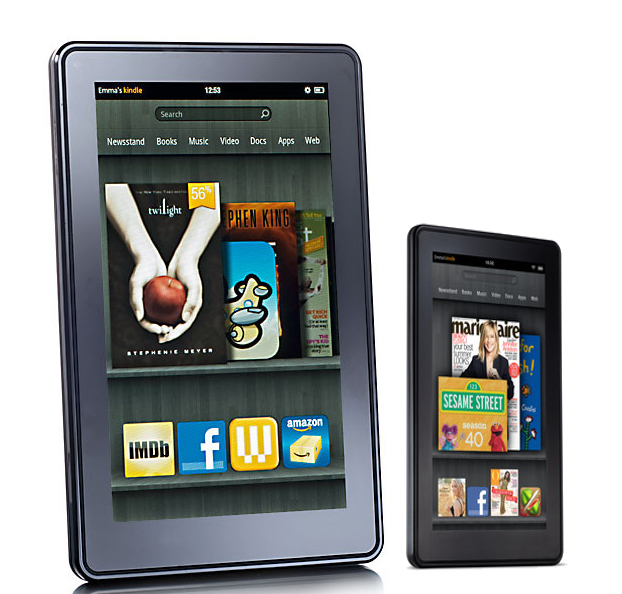
An Amazon Smartphone could be the biggest loss leader of all
Following up on reports from the fourth quarter of 2011, Bloomberg on Friday cited anonymous sources that said Amazon is working on its own Smartphone in conjunction with noted Chinese device manufacturer Foxconn International Holdings. Additionally, the report pointed out that Amazon is also on the market to buy more wireless patents, highlighted by the fact that the company recently hired a new general manager for patent acquisitions.
Contemporaneously with the Bloomberg report, approximately a dozen new job listings at Amazon popped up today for mobile software engineers that can support "existing Amazon technologies and [build] support for next-generation technologies."
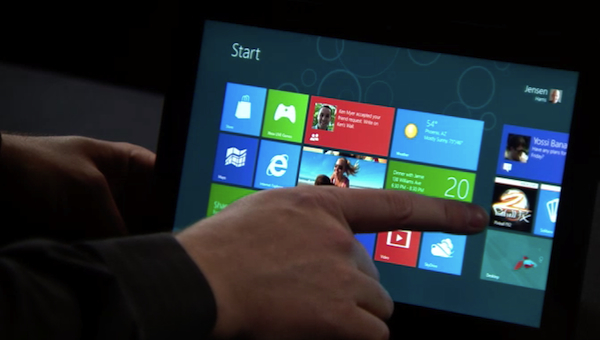
What if Windows 8 fails?
It’s the hypothetical scenario many IT pros try to ignore: What if Microsoft’s Windows 8 launch is a dud? What if Surface is a flop, the $40 upgrade promotion fizzles and all of those slick new Windows RT tablets don’t fly off the shelves?
Given today’s consumer-driven BYOD IT culture, it’s a very real possibility. The Windows ecosystem simply doesn’t hold the gravitas it once did, with users finding every possible excuse to cut the enterprise cord and dump their clunky old IT-issued laptops and desktops. It’s like the cold war-era Soviet Union facing off against Western society: Once the populace got a taste of Levis and free speech, there was no holding them back.
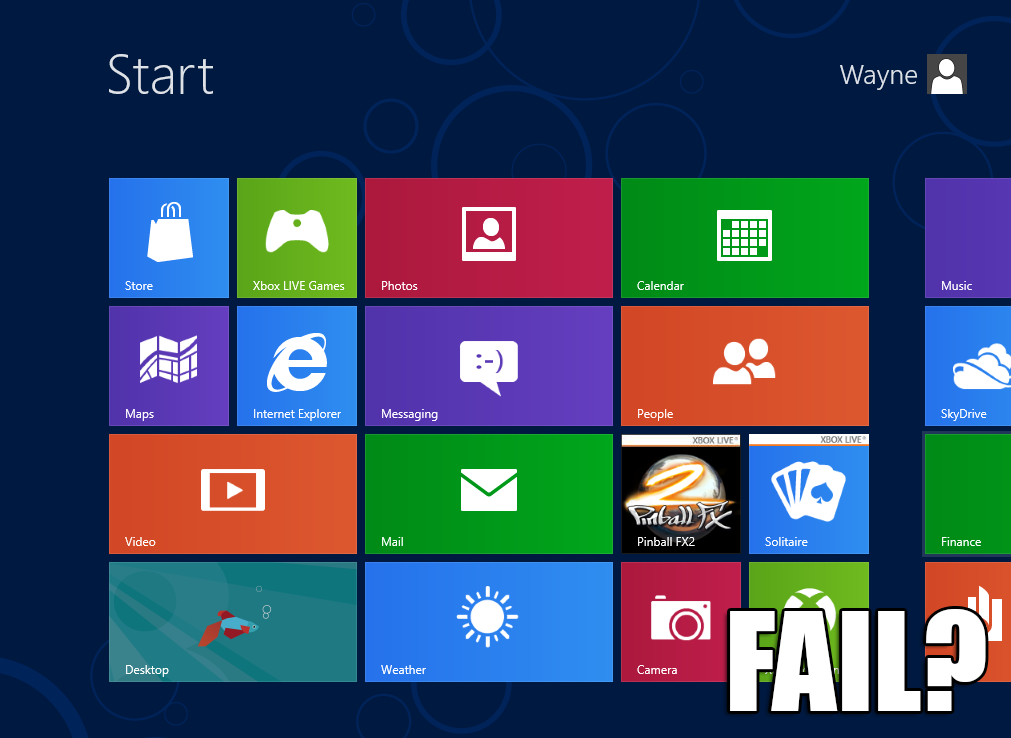
Windows 8 will flop
A technology journalist friend of mine often makes sweeping statements regarding how well he thinks a new program or piece of hardware will fare, and he’s usually completely wrong. When Ubuntu first arrived, he declared it would kill off Windows and render Microsoft an aging OS irrelevance. When Apple launched the iPad he told everyone who cared to listen that it would be a total failure because no one would want one.
I’m far less prone to making such proclamations, but I think I’m on reasonably safe ground when I say Windows 8 is going to be a dud. No version of Windows will ever be a total failure. Even Vista, which is regarded as one of Microsoft’s least successful operating systems, sold reasonably well, and I’m sure as soon as Windows 8 is released we’ll hear a lot of statistics coming out of Microsoft about how it’s the fastest-selling OS since Windows Whatever. But they’ll be statistics that we’ll have to take with a fair amount of salt.

PCs are still doomed and their end will come quicker than you think
A reader pointed out to me this past week that the personal computer is well over 30 years old -- a number that has real consequence if you are familiar with my work. He remembered I predicted in 1992 that PCs as we knew them would be dead by now.
I was obviously a little off in my timing. But only a little off. PCs are still doomed and their end will come quicker than you think.
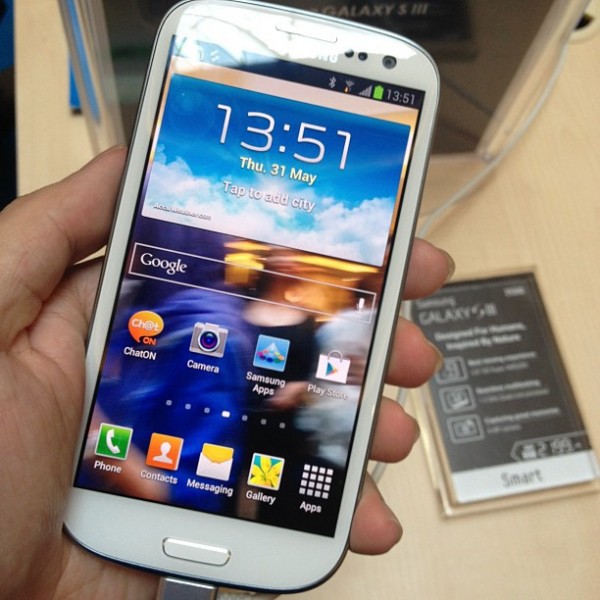
Challenge Hollywood filmmakers with Samsung Galaxy S III [review]
The Galaxy S III is a wonderful beast, whose 8-megapixel stills camera can also shoot video in full HD (1920x1080). So is this a triumph of technological democratisation? Is the Galaxy S III all you need to challenge the dominance of the Hollywood Studios and their ridiculous $200m budgets? After all, some movies are made on Digital SLRs these days. Read on to find out.
The answer is a definite, well, maybe. As I’ve noted in my review, the S3’s pictures are surprisingly good, and while it would be a stretch to say you could shoot "The Avengers" on a smartphone, there is a lot you can do with this tiny camera. It could certainly be a terrific little helper for blogging, web-reporting and almost anything else you might want to put on the Internet, or produce for home or office use. Obviously it has limitations, even when compared to dedicated camcorders of the same price point, so here are a few suggestions and tips for getting the best out of it.

I declare independence from Apple
Since December 1998, when on impulse I bought the original iMac from CompUSA, I've used Apple gear. No longer. Late yesterday, I replaced the last fruit-logo with another, fulfilling my pledge nearly a month ago to boycott Apple. I wanted to declare independence sooner, but with so much news to write about in June and Google I/O last week, researching and replacing the AirPort base station was too much trouble. But it's offline now -- and, along with Apple TV, going on Craigslist today.
Circumstances since choosing to boycott make me all the more adamant. Last week, US District Judge Lucy Koh issued two preliminary injunctions against Samsung devices -- Galaxy Tab 10.1 and Galaxy Nexus. Yesterday she denied Samsung's request to stay the ban pending appeal. Anticipating Nexus' similar fate, Google swiftly responded by pulling the phone from its online store and dispatching an update to existing phones. I chose to boycott being so angry by Apple's aggressive patent bullying that thwarts competition and takes away consumer choice. Today, I celebrate America's independence anniversary by gaining freedom from Apple.
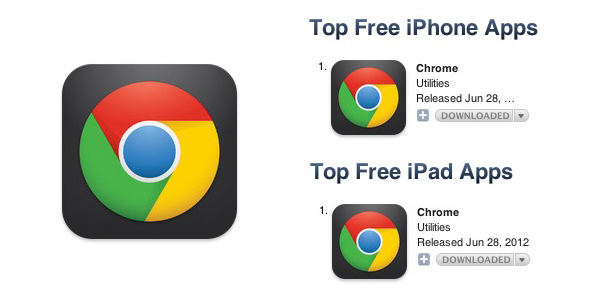
Does Chrome have a future on iOS?
There's a certain, sweet justice: While Apple stomps all over Android licensees in the courts after falling out with Google, Chrome tops both iPad and iPhone App Stores. Last week, Google's browser invaded iOS -- eh, was granted admittance to the App Store -- and is ready to put Safari out to pasture.
On the other hand, the competition isn't exactly stellar. Chrome beats out Pinger, CSR Racing and Talking Ted on iPhone. (What? No cat video app?) But there is now a choice among browsers. On the desktop, Chrome retained its No. 1 usage share position in June, according to StatCounter. The question now: How long before Chrome deeply encroaches on Safari on iOS?
